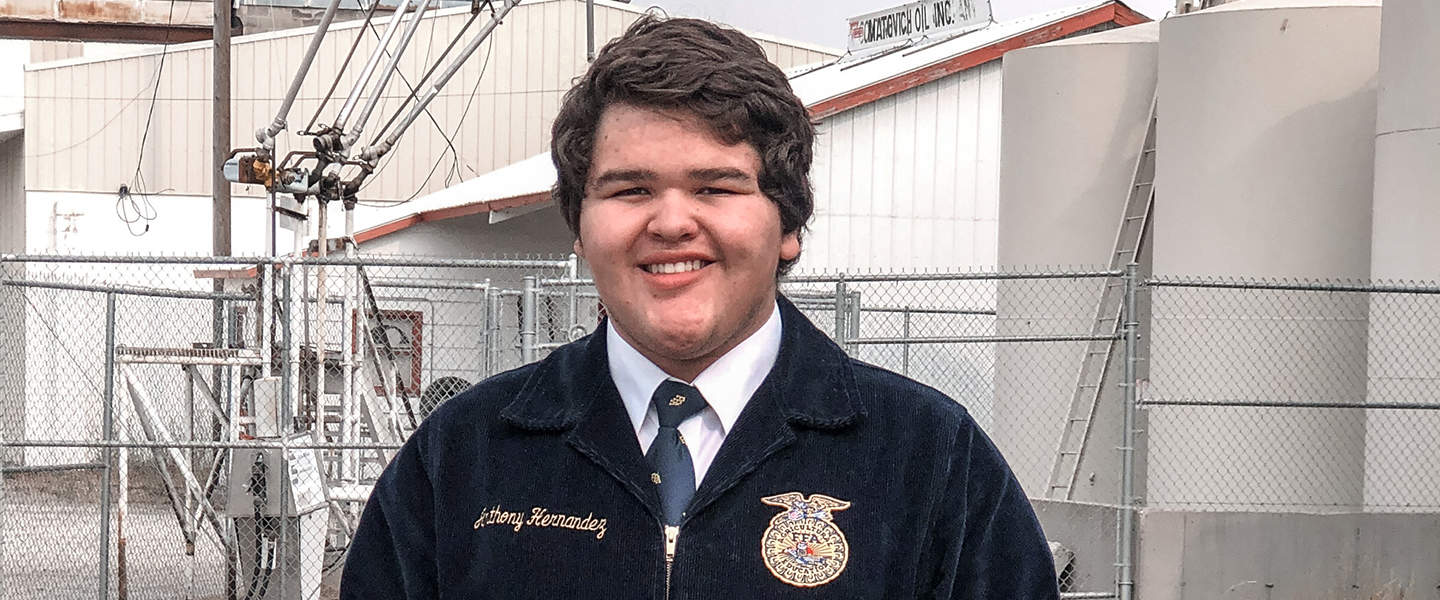The National FFA Organization now includes more than 12,000 Native American members, and that number keeps growing. Anthony Hernandez, 2022-23 Montana FFA parliamentarian, shares more about the rich culture.
Q: Tell me a bit about yourself.
A: I am attending Montana State University in Bozeman, Mont., where I am majoring in agricultural education. I grew up in Lodge Grass, Mont., located on the Crow Indian Reservation.
I am Apsáalooke (Crow) and Shoshone Bannock (Fort Hall). I have been in FFA for six years, and I’m a first-generation FFA member.
Q: How did you get involved with FFA?
A: In 2016, I was going into seventh grade and I saw a sign-up sheet for District Leadership Schools, one of the first trips FFA members in Montana get to go on to learn about FFA. I decided I would attend, not expecting much, but to my surprise, the state officers had me hooked. They had members participate in icebreakers and leadership activities, and I really enjoyed it. That trip was the start of my FFA journey, and I am proud of how far I have come by staying involved in this organization.
Q: Why is agriculture important to Native American culture and heritage?
A: Native Americans have always been involved in agriculture. Many Natives lived a nomadic lifestyle. They would plant crops in the spring, hunt in the summer, harvest their crops in the fall and hunt in the winter. Agriculture and farming have always been important in Native cultures because it helped our ancestors survive. Today, many Native tribes are still involved in agriculture.
Q: Besides agriculture, what else is important to Native American culture?
A: Natives are passionate about family, food and keeping both our traditions and languages alive. Montana FFA has an event called the FFA/American Indian program, where chapters from across the state get to present on topics like Native American heritage, religion, traditions and more to improve the knowledge of Native culture throughout FFA. Though we only have a few chapters that participate, it is always great to see Natives represented in FFA.
Q: Is there anything you feel people sometimes misunderstand about Native Americans?
A: Many people think we follow stereotypes — that we still live in teepees, don’t speak English and so on. In reality, we live in our own houses, most do speak English and we are like everyone else — human. It’s important to have a genuine understanding of what Indigenous people face, collectively and individually.
Q: What do you enjoy most about being in FFA?
A: I have always enjoyed the friendships I have made in FFA, from attending Washington Leadership Conference my sophomore year to attending FFA camp here in Montana. I will never forget the friendships and memories I have made.












